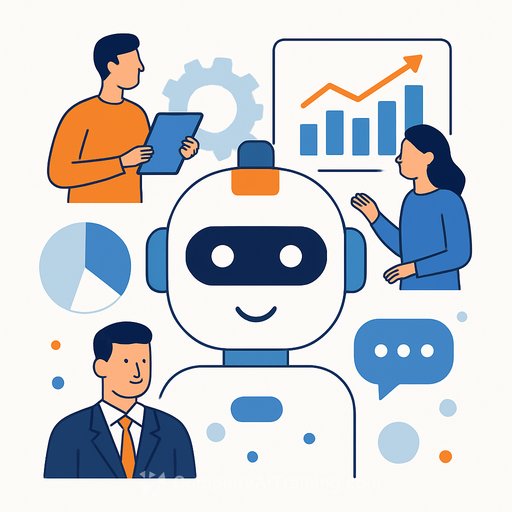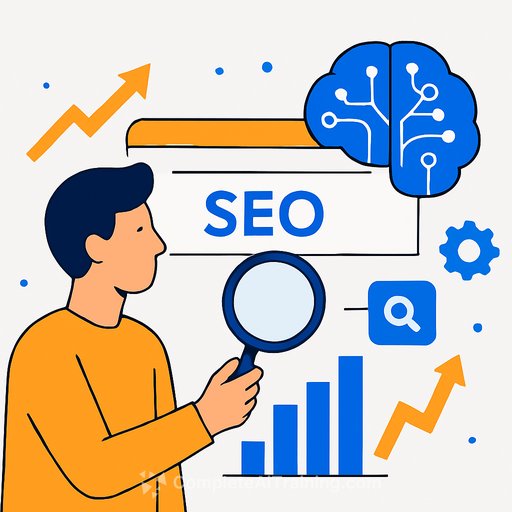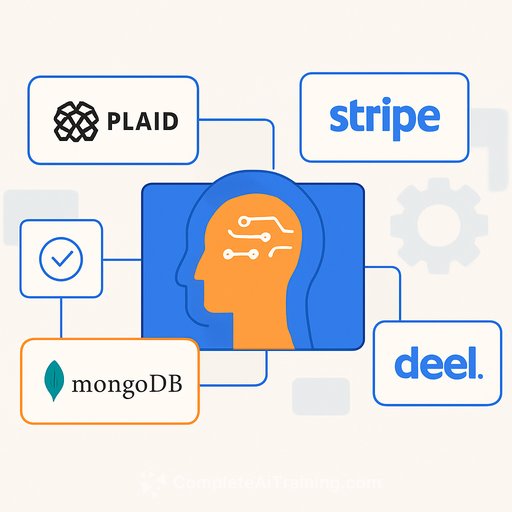Generative AI Sparks Brand Safety Concerns Marketers Know All Too Well
The adoption of AI-powered tools by marketers is happening faster than the development of rules and regulations. In the rush for speed and scale, the advertising industry has sidelined concerns like intellectual property and brand misuse. Brands and agencies are eager to boost productivity and efficiency using AI, but many lack a clear playbook to manage the ripple effects—such as spoofs and fake ads—that come with these tools.
AI’s impact on workflows is already visible, from measurement challenges to the increasing number of partners involved and their roles. Ryan Meegan, co-founder and CMO at Dude Wipes, points out, “Anything’s fair game. You can’t really control that.” With AI image generation tools available to almost anyone, replicating a brand campaign has become easy. Yet, marketers feel stuck: avoid AI and risk falling behind, or embrace it and deal with potential fallout later.
This isn’t unfamiliar territory. Even before AI, social media was a wild landscape for brand safety. Brian Yamada, chief innovation officer at VML, compares today’s AI challenges to the early days of social media, where brands struggled to control conversations happening both for and against them. David Corns, chief commercial officer at Opendoor, adds that influencer sentiments have often shaped brand reputation more than official messaging. AI is just the latest frontier. The brands that integrate generative AI thoughtfully into their ecosystem will connect stronger with consumers.
What Do Marketers Actually Control?
Struggling to control brand narratives isn’t new. Long before AI, the internet and social media allowed brand logos and messages to take on lives of their own. Consider Mastercard’s “Priceless” campaign from the 1990s. It was widely imitated and spoofed, even by Saturday Night Live and political campaigns. Mastercard once sued Ralph Nader for using the campaign in his ads. Yet, Cheryl Guerin, EVP of brand strategy and innovation at Mastercard, sees such spoofs as earned media if they extend brand visibility positively.
Marketers Test Out Brand Safety Remedies for AI
With pressure to do more on smaller budgets, AI has become a go-to tool. One agency executive revealed their approach: building custom AI agents trained on brand style guides and past campaigns. They operate under a “zero-trust architecture,” meaning “never trust, always verify.” Staff use proprietary AI tools with guardrails like pop-ups reminding responsible use, legal training, and monitoring of outputs and inputs. This way, they audit AI activity and protect client information.
Still, control has limits. Staff might use AI tools on personal devices or accounts, which companies can’t easily oversee. AI chatbots like ChatGPT also use user input to train their models, raising concerns about sensitive information leaking beyond the company. Enterprise-level AI models offer better IP protection, but many available tools lack such safeguards.
Legal options like cease-and-desists exist but are limited by weak government oversight. AI copyright infringement cases haven’t reached courts yet but are gaining attention. Social media platforms like Meta, YouTube, and TikTok face challenges managing AI-generated content flooding feeds and maintaining user trust.
Brands like Coca-Cola are experimenting with AI-generated ads. However, David Teske, a partner at Alston & Bird law firm, explains that content created solely by AI lacks copyright protection since law requires a human creator. This means AI-generated content can be copied and reused by others without permission, posing real risks for brands.
Despite concerns about climate impact, measurement accuracy, and errors, marketers prioritize AI’s promise of productivity, speed, and cost savings. Issues like IP and brand safety join a growing list of challenges marketers will address over time. As Corns sums it up, “AI is rapidly shaping our future. It’s the new frontier. Consider it a co-pilot [to advertising], and be ready and willing to adapt.”
Your membership also unlocks:






